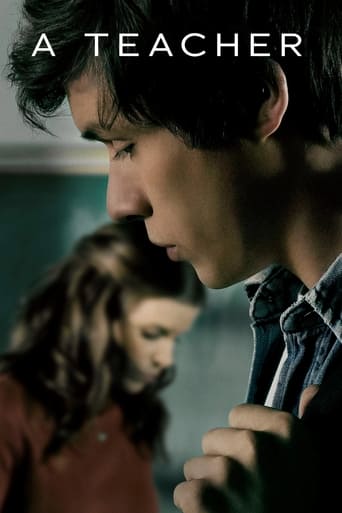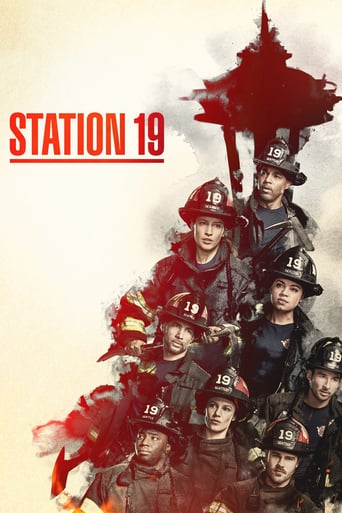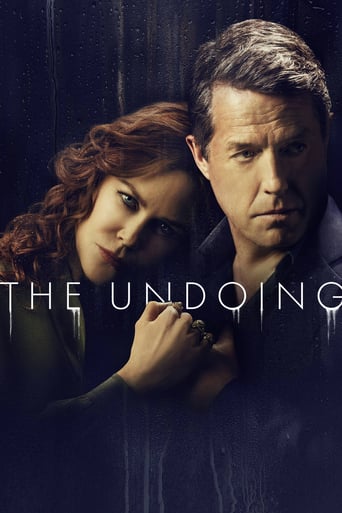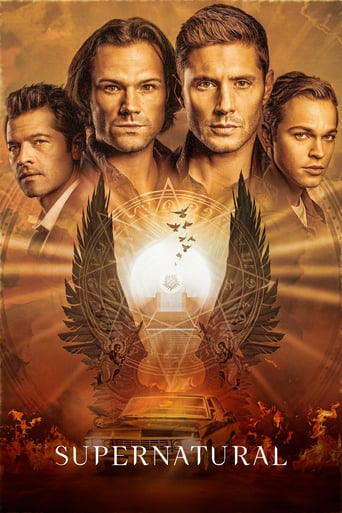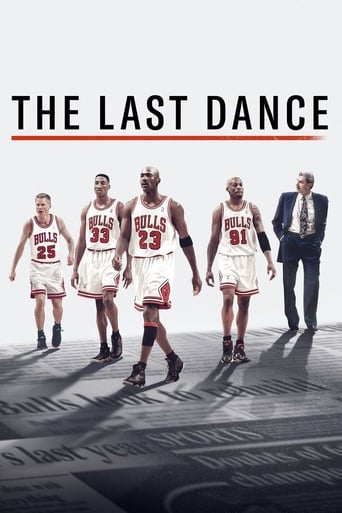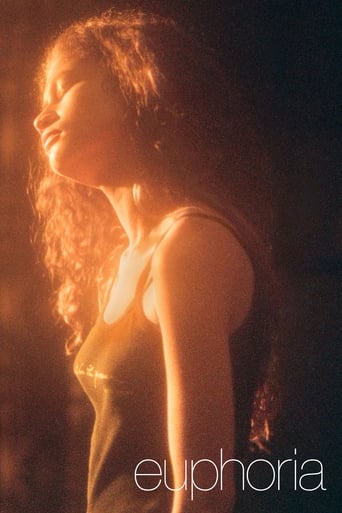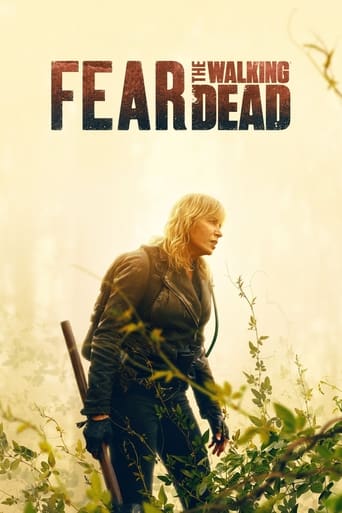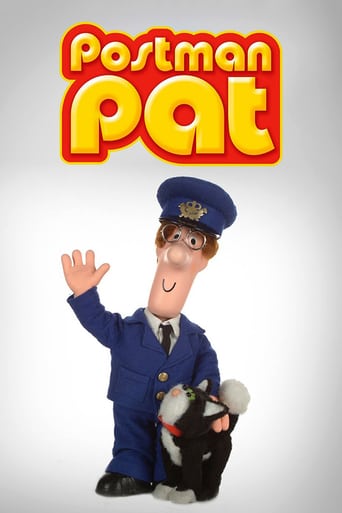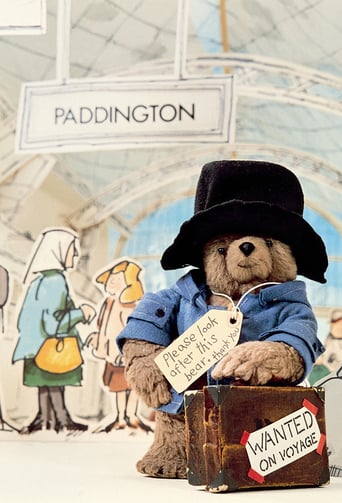
Paddington Bear is a series of British animated shorts based on the Paddington Bear book series by Michael Bond produced by FilmFair. This was the first television series based on the popular children's book Paddington Bear. In the United States it was usually shown on pay television as filler in between programs. Its narrator was actor Michael Hordern. It was one of the few television programmes to combine a puppet show with cartoon - Paddington himself was a puppet, but other characters in the series were depicted as cartoon characters. The series has a very distinctive art style. Paddington himself is a stop-motion animated puppet who moves within a 3-dimensional space and interacts with 2-dimensional animated drawings of the human characters, buildings, etc. The series, along with all other FilmFair productions is currently owned by DHX Media of Canada.
Seasons & Episode
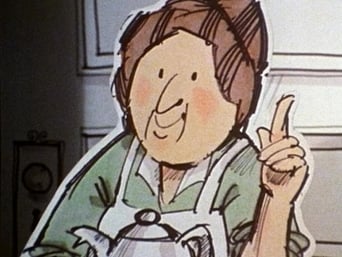
Paddington tries to bake Mr Curry a cake, things go wrong and he decides to decorate the oven instead.
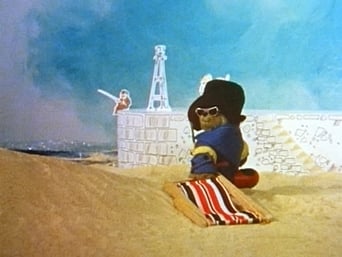
Paddington's sandcastle making goes wrong, as does his whole day out.
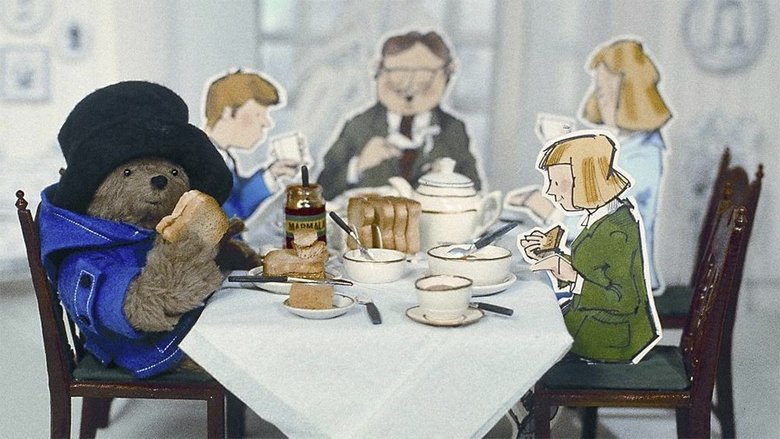
Paddington takes up bodybuilding, but it's harder than he thinks.

Paddington sees some mysterious people bury a box.

Paddington makes a puzzle from Mr Curry's painting.

Mr. Curry demands Paddington make him a serving hatch.

Paddington thanks Mr. Gruber for his kindness by finding him a 'finishing touch' for his patio.

Paddington discovers that Schubert hadn't finished his symphony.

Paddington helps the Drama Society with a performance called 'The Secret Plan'.
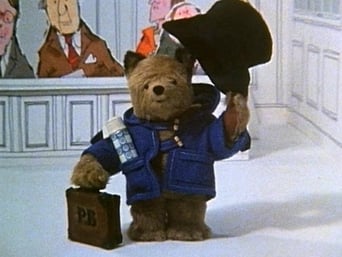
Mr. Gruber takes Paddington on an outing to the Royal Justice Courts.
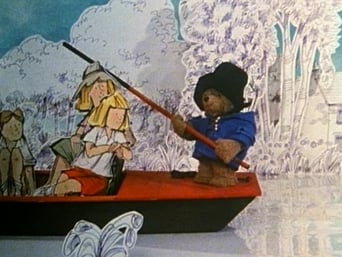
Paddington is put in charge of the pole during a punt.
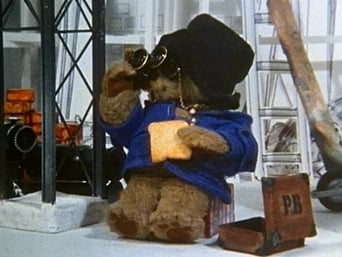
Paddington builds a rock garden.
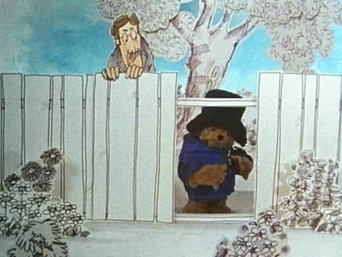
Paddington has trouble using Mr. Curry's old hammock.
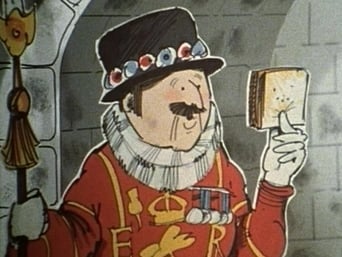
Paddington goes on an outing to the Tower of London.
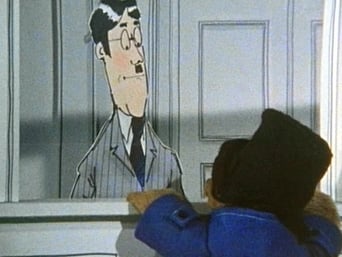
Paddington goes to the bank but doesn't know what to do.
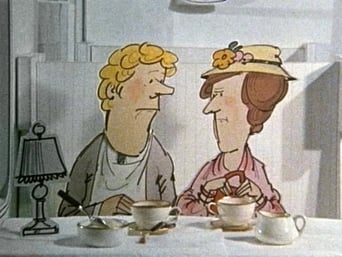
Paddington tells everyone on a train by that the fish they are eating is off, meaning it was off the menu, but everyone misuderstands.
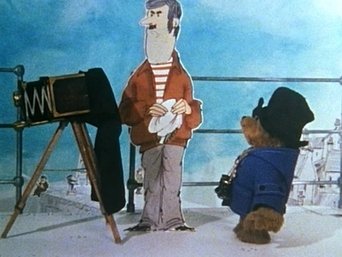
Paddington has his picture taken.

Paddington finds himself on a Tv game show (again) this time called "The Sage of Britian".

Paddington visits a health centre.

Paddington tries snipping Mr. Curry's hedge into a peacock.

Paddington goes to see a play at the local theartre.

Paddington buys some shares in the Portobello Road Oil Company.

The Browns go out to a posh restaurant to celebrate Paddington's birthday.

Paddington visits a bargain basement in, when he tries a demonstration at making pancakes with a frying pan, he accidentally flips the batter all over the audience.

Paddington goes to a rugby match.

Paddington's Aunt Lucy comes on visit.
You May Also Like
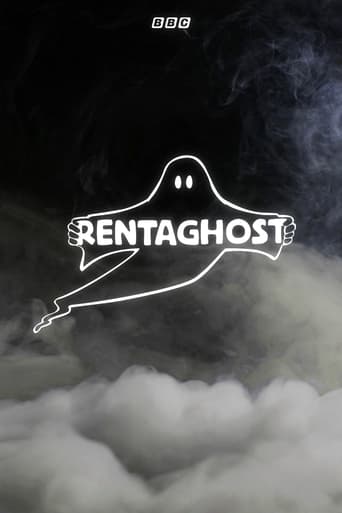
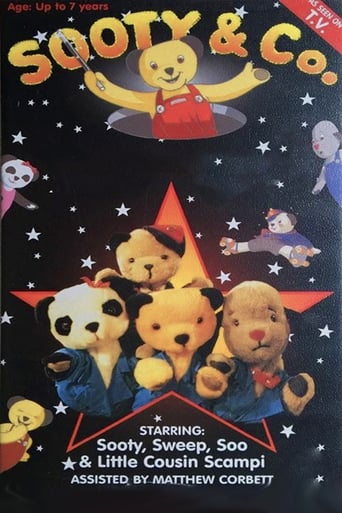
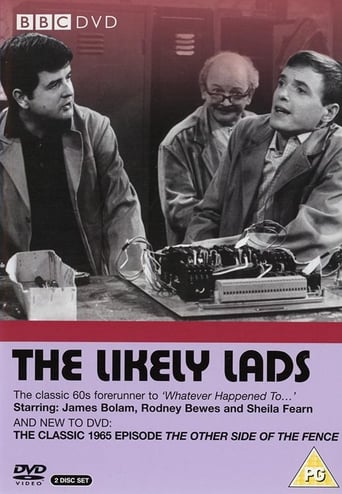
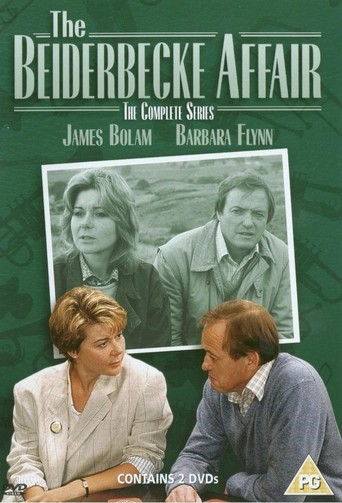
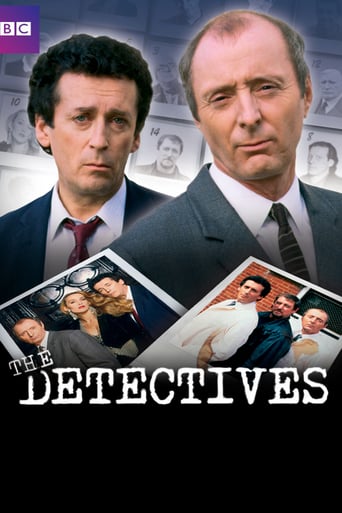
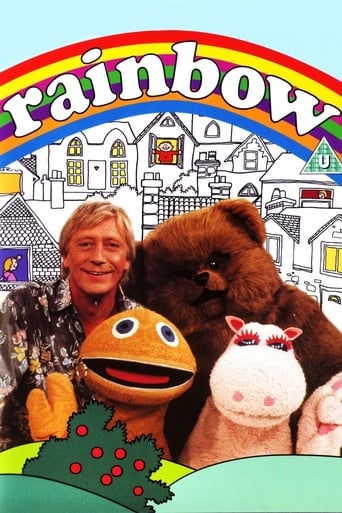
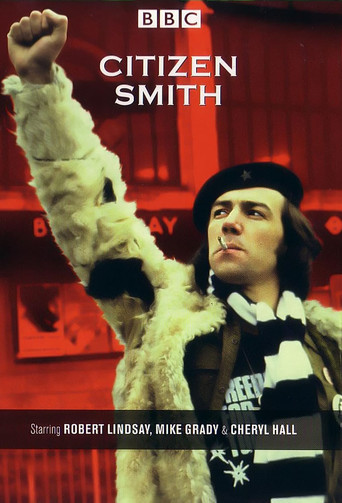
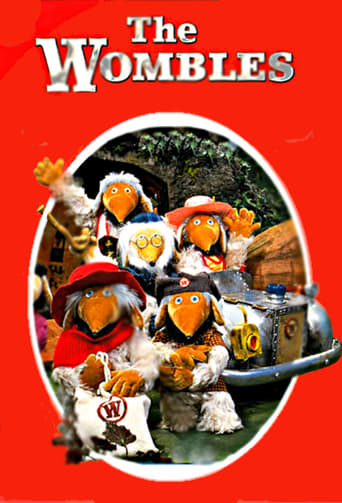
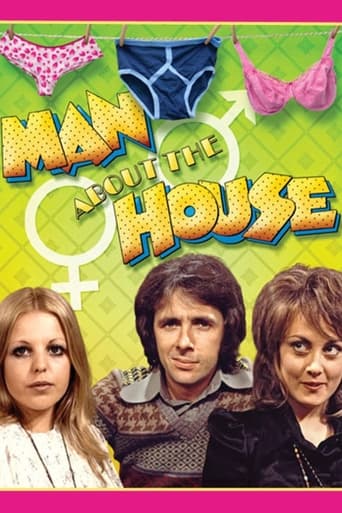
Top Streaming TV Show

